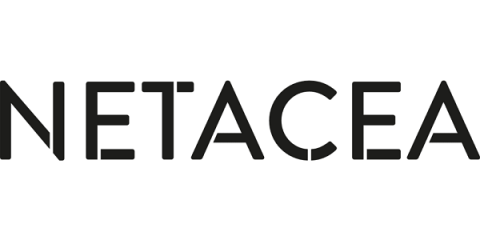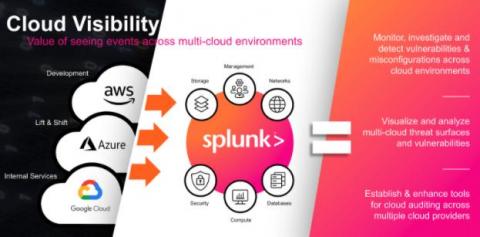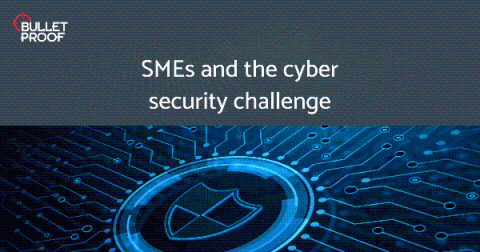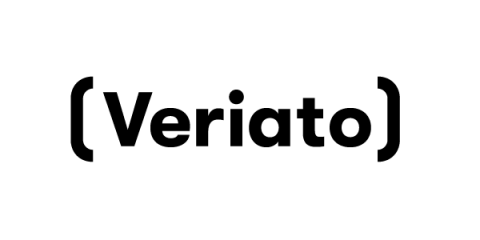Transportation Systems Sector Cybersecurity Framework Implementation Guide
As smart ticketing systems and technological solutions become more prevalent in the transportation industry, the issue of transportation systems’ cybersecurity becomes a greater concern.









